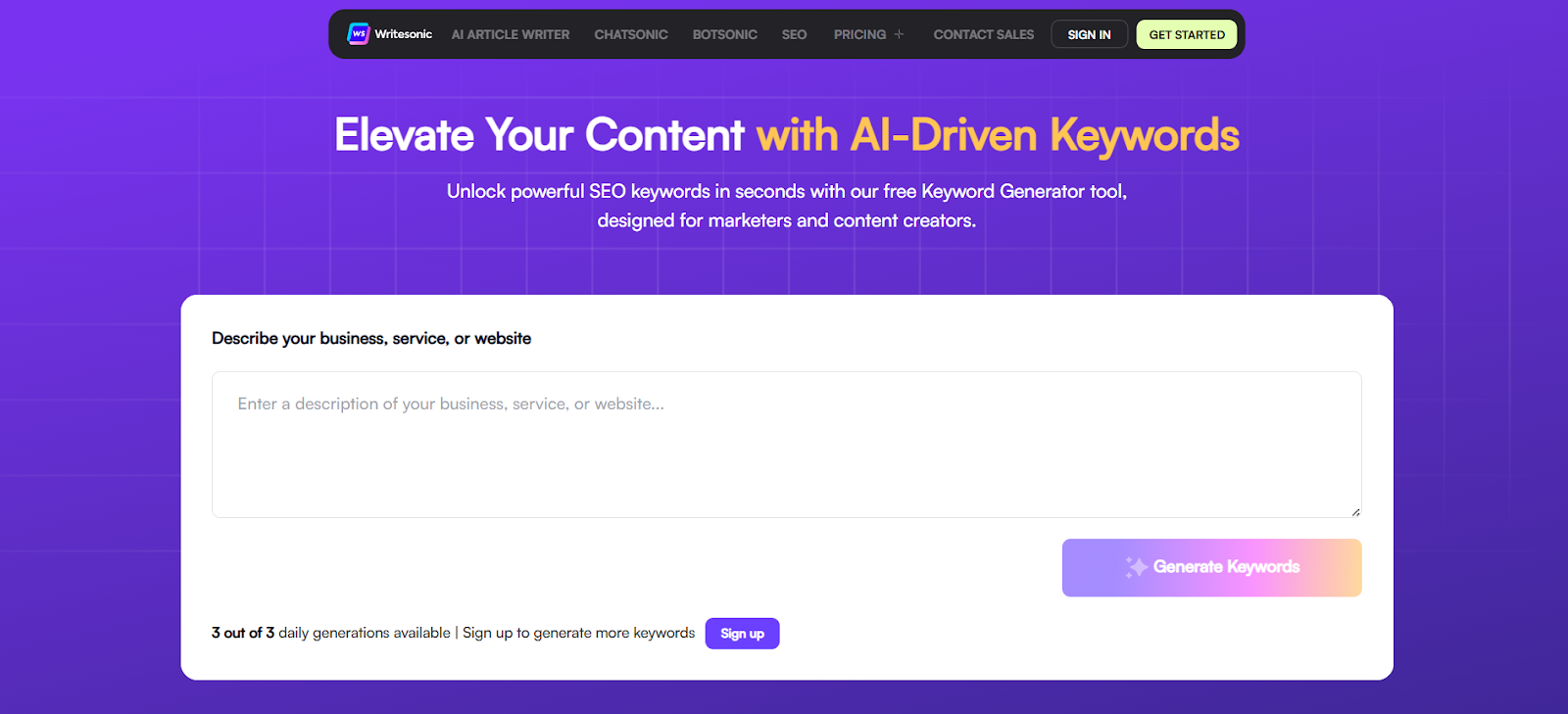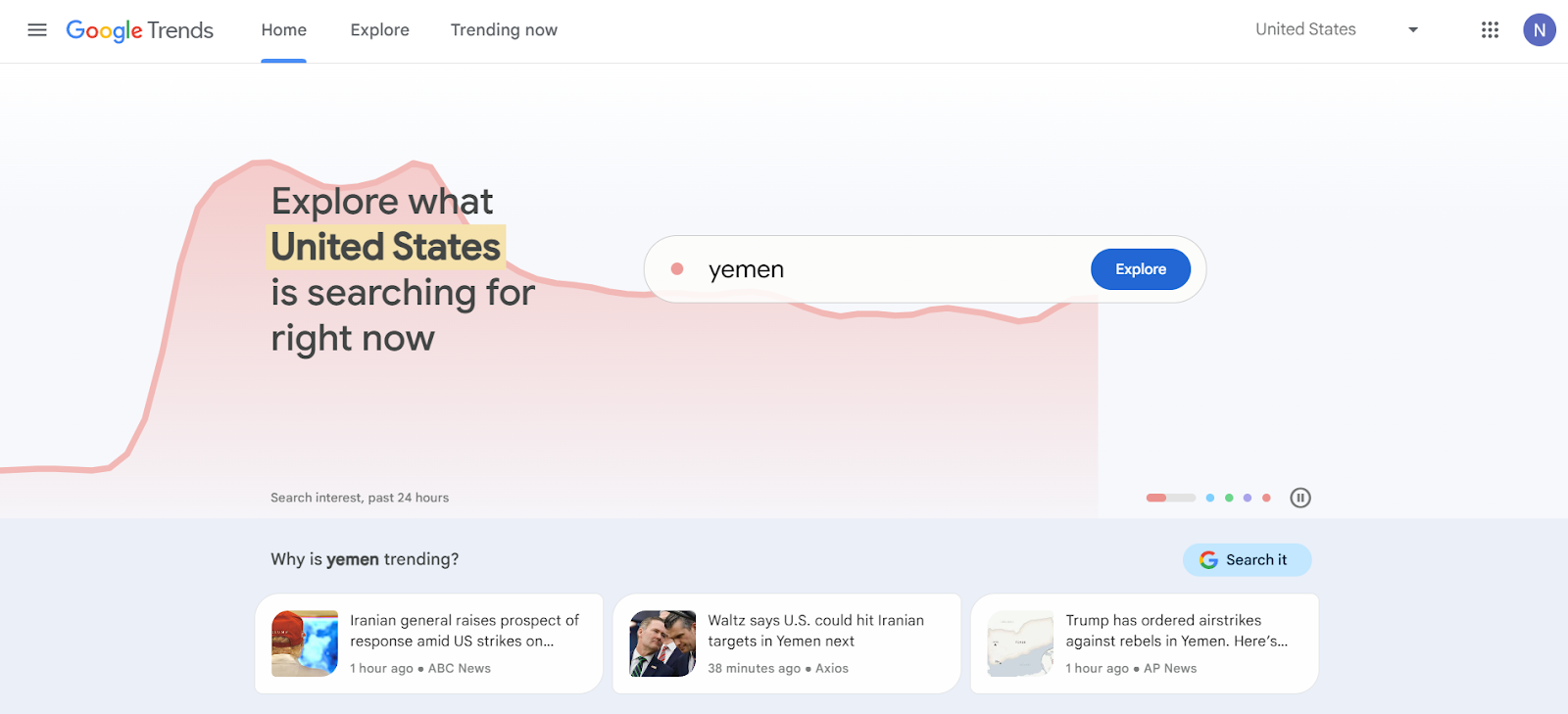I’m not going to sugarcoat it: most keyword research tool round-ups read like they’re pitched at corporate marketing drones, not creators who actually care about clicks, views, and real growth. After nearly a decade chasing “SEO hype machines,” I’ve learned what matters: raw data you can trust, a workflow that doesn’t waste hours, and ideas that actually move the needle. Forget feature overload and eyebrow-raising price tags. Here are the 15 keyword tools worth your time and money in 2025.
Top 5 Essential Tools
1. Google Keyword Planner
The unsexy powerhouse you already have for free. Honest volume data, real search trends, and ad forecasts make it unbeatable for SEO-driven content calendars. No, you don’t need to buy ads to use it.
2. Ahrefs Keywords Explorer
If you want to win, not just play, this is your enterprise-grade sidekick. Trustworthy volume, click metrics, and SERP history uncover keyword gaps that can 10x your audience. Pricey, yes—but worth every penny if you’re serious about beating competitors.

3. SEMrush Keyword Magic Tool
Over 20 billion keywords and obsessive filters let you mine for offbeat gems. Use it to chart YouTube playlists, cluster newsletter topics, or unearth questions no one else sees. Requires curiosity and patience—but pays off in actionable insights.
4. Surfer SEO Content Planner
Drag-and-drop topic clusters that don’t suck. Integrates with Google Docs to stop the copy-paste tennis. Not for pure ideation, but a lifesaver when deadlines loom and you need writers to actually follow your briefs.

5. ChatGPT for Keyword Ideation
Another AI fad? Only if you prompt lazily. Give it detailed persona, platform, and context, and it’ll spit out 100 curated ideas in minutes. Always cross-check with real search data, but when used right, it turbocharges brainstorming.
6–10: Platform-Driven Favorites
- Ubersuggest: Beginner-friendly data without locking everything behind paywalls—great for launches, less so for mature sites.
- Answer the Public: The go-to for raw question lists—perfect for FAQs, YouTube explainers, or podcast outlines.
- RightBlogger Keyword Tool: CSV export and “similar keywords” shook me out of rut after rut. Hidden gem for newsletters and niche blogs.
- Moz Keyword Explorer: Priority scoring and sanity checks on pipe-dream targets. Less flashy, but still reliable.
- KeywordTool.io: Multi-platform discovery for TikTok, YouTube, Instagram—cover all your bases in one go.
11–15: Niche Picks Worth Checking
- Semrush Topic Research Tool: Mind-map visuals that actually break writer’s block—try it before you roll your eyes.
- Soovle: Outdated UI, brilliant cross-pollination of autocomplete across engines. Fast, lightweight idea bursts.
- Keyword Surfer Chrome Extension: Inline volume and related terms on Google SERPs—dumb simple and often exactly what you need.
- Google Trends: Seasonal or topical content? This is basically cheating than chasing spikes manually.
- 10XSheets Keyword Suite: Spreadsheet nerds unite. Bulk analysis and custom dashboards save your sanity (and your wrists).
Don’t Chase Hype—Match Tools to Your Workflow
Every week a “game-changing” tool hits Twitter—90% are just Google’s autocomplete in a fancier wrapper. If you’re a TikTok specialist, you need real-time trend tracking. If you run a pillar blog, you need deep SERP history. Align your stack to your goals, not their marketing copy.

AI for Keywords: Reality Check
Yes, AI is shaking up ideation. But most AI keyword tools are spreadsheets in LLM drag. Real leverage comes from batch-ideating, then validating with hard data—search volume, click metrics, trends, and audience resonance. I’ve scored my best ideas by feeding ChatGPT specific prompts, then cross-checking in Google Keyword Planner.
Why This Matters
I’ve resurrected dead blogs, propelled vlogs past 50k views, and watched indie creators leap ahead with a single keyword insight. These tools aren’t just software—they’re your ticket out of obscurity. Use them wisely, experiment relentlessly, and never optimize at the expense of your voice.
TL;DR
- Forget the hype—prioritize raw data, workflow fit, and real ROI.
- Core stack: Google Keyword Planner, Ahrefs, SEMrush, Surfer SEO, ChatGPT.
- Add niche or platform picks as needed: Ubersuggest, Answer the Public, etc.
- Batch-ideate with AI, then validate with search data.
- Trust your workflow, trust your gut, and create.
Leave a Reply